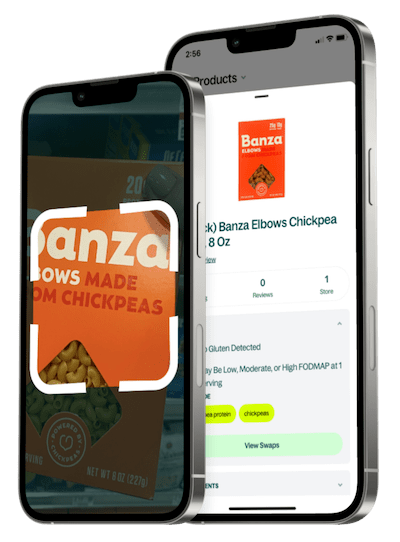Is Iceland 100 (approx.) Indian Style Platter 1.5kg Vegetarian?


Ingredients
approximately, onion bhajis: onion, gram flour, cotton seed oil, garam masala (coriander powder, ground cumin seed, green cardamom powder, ground black pepper, clove powder, cinnamon powder), salt, red chilli powder, raising agent: sodium hydrogen carbonate, turmeric powder, 35 (approximately), saag aloo pakoras: potato, spinach, onion, rice flour, garlic paste, green chilli paste, lemon juice, ginger paste, spices, chat masala (salt, red chilli powder, mango powder, coriander powder, ground black pepper, ginger powder, ground cumin seed, black cardamom powder, mint powder, acidity regulator: citric acid, asafoetida powder, clove powder), cumin seeds, raising agent: sodium hydrogen carbonate, 30 (approximately), vegetable samosas: wheat flour, potato, green pepper, carrot, peas, water, coriander leaf, tandoori style seasoning (red chilli powder, onion powder, garlic powder, tomato powder, ginger powder, ground cumin seed, salt, ground black pepper, clove powder, cinnamon powder, cardamom powder, dried fenugreek leaf, acidity regulator: citric acid, corn starch), sugar, colour: paprika extract, white vinegar, dried fenugreek leaf
What is a Vegetarian diet?
A vegetarian diet eliminates meat, poultry, and fish but typically includes dairy, eggs, and plant-based foods. People adopt it for ethical, environmental, or health reasons. This diet emphasizes fruits, vegetables, legumes, grains, nuts, and seeds as key nutrient sources. Vegetarians often get protein from eggs, tofu, beans, and lentils. It can offer health benefits such as reduced risk of heart disease and improved weight management, though attention should be given to nutrients like iron, zinc, and vitamin B12. With proper planning, a vegetarian diet can be both nutritionally complete and sustainable.


